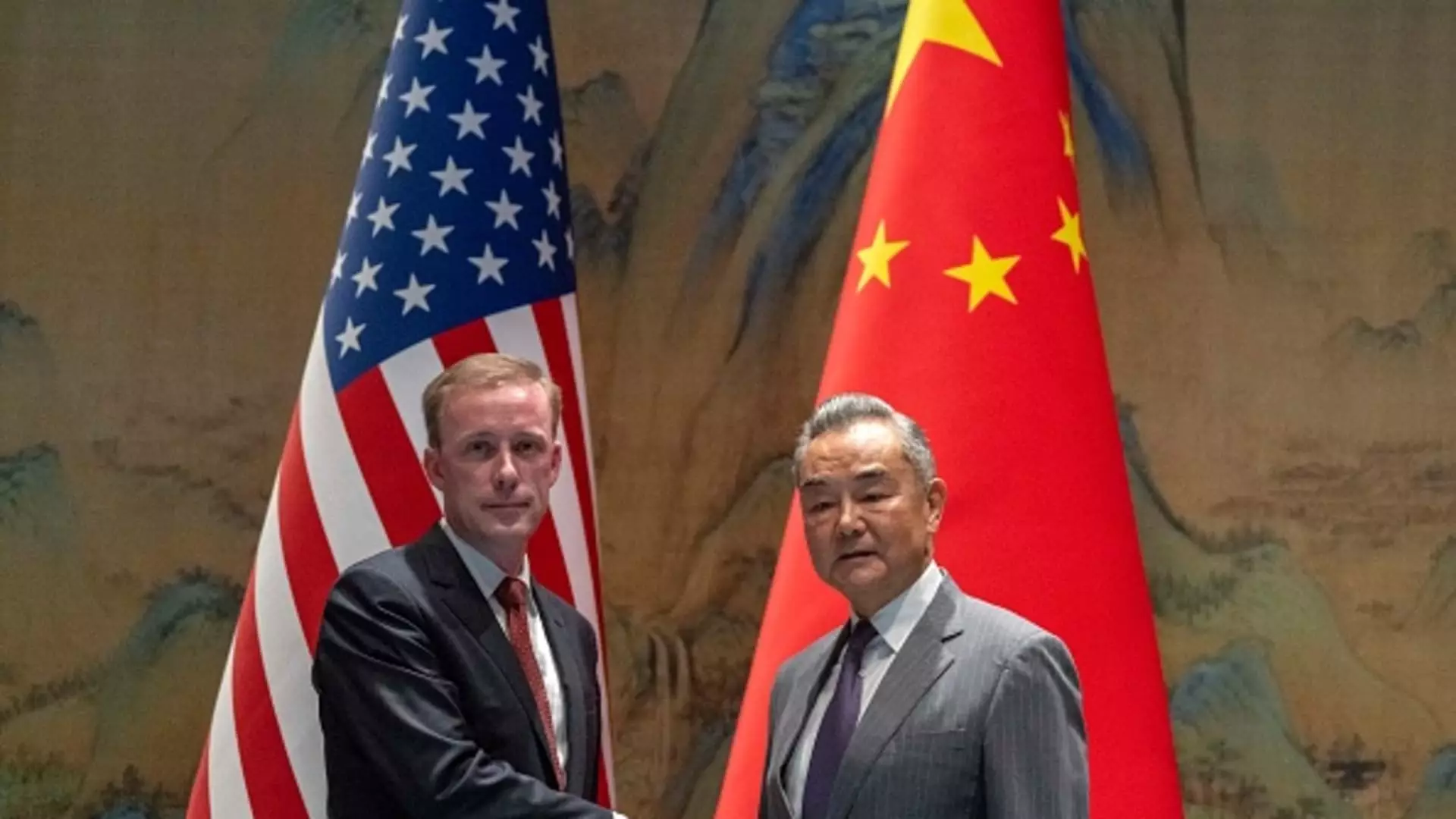Amidst increasing geopolitical tensions, the White House recently announced that U.S. President Joe Biden and Chinese President Xi Jinping are scheduled to have a phone conversation in the near future. This news follows U.S. national security adviser Jake Sullivan’s visit to Beijing this week, where he held discussions with China’s top diplomat, Wang Yi. Furthermore, both countries have agreed that their military leaders will also engage in phone conversations soon.
In addition, plans for the second round of U.S.-China discussions on artificial intelligence are currently in progress. John Podesta, senior advisor to President Biden for international climate policy, is expected to travel to China soon, although the exact date has not been disclosed. These initiatives indicate a willingness from both sides to engage in constructive dialogue on crucial technological and environmental issues.
During Sullivan’s visit to Beijing, both nations reiterated their respective positions on key topics such as tech restrictions, Taiwan, the South China Sea, and Ukraine. The official statements highlighted the complexity of bilateral relations, with mentions of “two heads of state” and a focus on the need for enhanced interaction. The lack of direct reference to the presidents in the White House statement and the utilizing of traditional language by the Chinese side demonstrate the diplomatic nuances at play.
Historical Context and Challenges
Notably, Biden and Xi last spoke in early April following their meeting in 2023, where they engaged in extensive discussions during a summit in Woodside, California. Given the strained relations between the two countries in recent years, high-level communication has faced various obstacles, including political tensions, pandemic-related disruptions, and diplomatic incidents. These challenges have complicated efforts to maintain meaningful dialogue and cooperation between the United States and China.
Diplomatic Engagement and Its Significance
Sullivan’s visit to Beijing marked a crucial moment in U.S.-China relations, as it represented his first official trip to China as national security adviser. Previous interactions at the highest levels, such as Susan Rice’s trip to Beijing in 2016, underscore the importance of sustained engagement between the two nations. Despite uncertainties surrounding the outcome of the upcoming U.S. presidential election, the bipartisan consensus on adopting a firm stance towards Beijing highlights the enduring nature of this issue in American politics.
The upcoming phone call between President Biden and President Xi signals a potential shift towards renewed dialogue and cooperation in key areas of mutual interest. As the dynamics of global politics continue to evolve, fostering constructive relations between the United States and China remains essential for addressing shared challenges and shaping the future of international relations.

